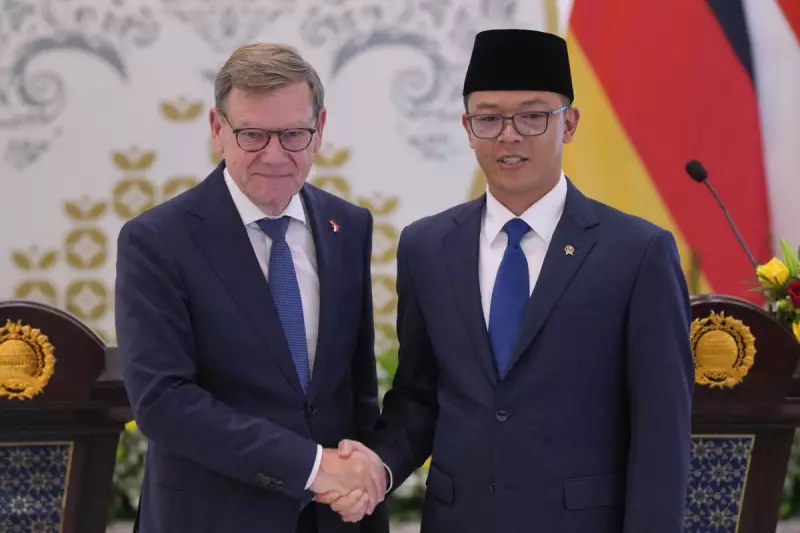
In a powerful display of solidarity, the heart of Indonesia's capital, Jakarta, was brought to a standstill as a sea of protesters, estimated in the hundreds of thousands, converged on Sunday. The mass gathering stands as one of the most significant global demonstrations against Israel's ongoing military campaign in Gaza.
Brandishing Palestinian flags and placards decrying the violence, the crowd created a tide of red, white, black, and green, chanting slogans and calling for an immediate end to the offensive that has claimed thousands of lives. The immense scale of the rally underscores the deep-seated public anger in the world's most populous Muslim-majority nation.
Government Condemnation and Diplomatic Strain
Echoing the sentiments of the streets, Indonesian President Joko Widodo delivered a vehement condemnation of Israel's actions. Addressing the nation, he labelled the attacks on Gaza as "atrocious and unacceptable", leveraging Indonesia's diplomatic weight to demand the United Nations enforce a permanent ceasefire.
This firm stance from Jakarta significantly amplifies the global diplomatic pressure on Israel and its allies. Indonesia, a regional powerhouse, has no formal diplomatic ties with Israel and has long been a vocal supporter of Palestinian statehood. President Widodo's unequivocal language marks a sharpening of this position in response to the current crisis.
A Global Ripple Effect
The monumental protest in Jakarta is not an isolated event but part of a growing international wave of dissent. From London to New York, public outrage is mounting, posing challenges for Western governments supporting Israel's right to defend itself.
This global movement, with demonstrations of such magnitude in key nations like Indonesia, threatens to strain international relations further and could influence foreign policy decisions. The world is watching as public opinion becomes an increasingly potent force in the complex geopolitics of the Middle East conflict.





